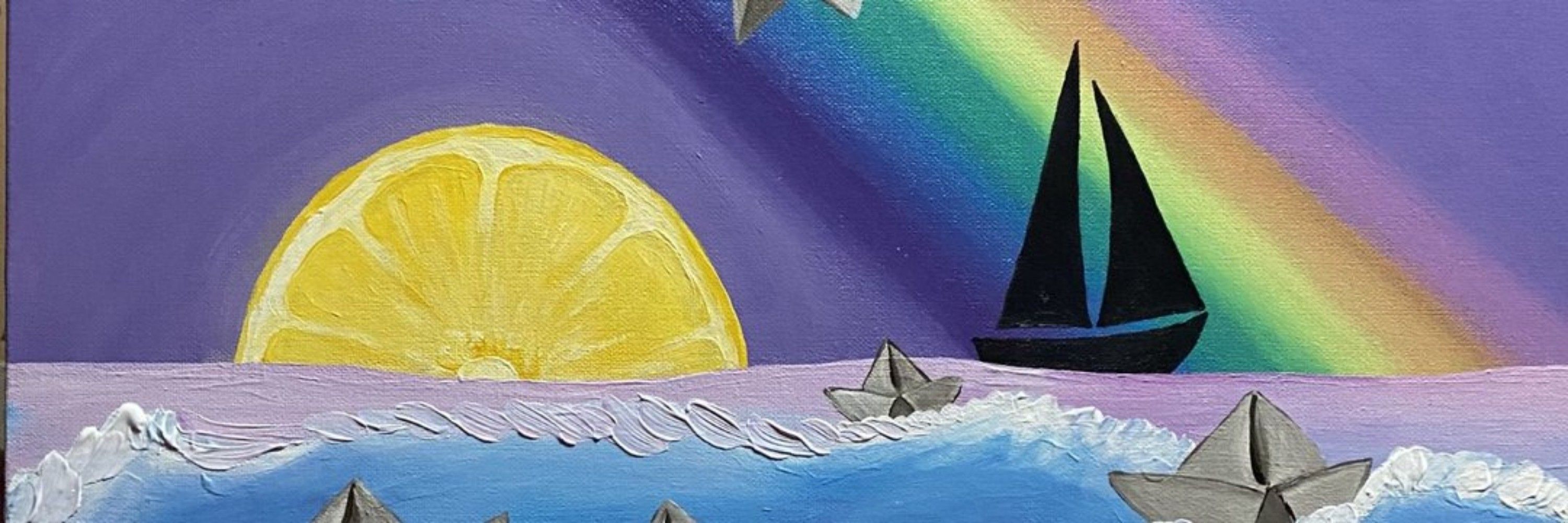
The "Ganzflicker Lady"
https://reshannereeder.com




A recording of my talk for the Liverpool Autism Hub @theautismhub.bsky.social :
youtu.be/J6kBAQvpRp4

A recording of my talk for the Liverpool Autism Hub @theautismhub.bsky.social :
youtu.be/J6kBAQvpRp4

Only at Illusion & Demo Night on my birthday (26 August)!
@ecvp.bsky.social
#ECVP2025

Only at Illusion & Demo Night on my birthday (26 August)!
@ecvp.bsky.social
#ECVP2025

What will you see in the ganzflicker?
Only at Illusion & Demo Night on my birthday (26 August)!
@ecvp.bsky.social #ECVP2025

What will you see in the ganzflicker?
Only at Illusion & Demo Night on my birthday (26 August)!
@ecvp.bsky.social #ECVP2025

Friday, 1st August, poster session 2!
cognitivesciencesociety.org/cogsci-2025/

Friday, 1st August, poster session 2!
cognitivesciencesociety.org/cogsci-2025/
Now for the 1st time, we have evidence for this! (Bonus cluster analysis below)
5/5

Now for the 1st time, we have evidence for this! (Bonus cluster analysis below)
5/5
3/5

3/5
2/5

2/5
*(& certainly not last, see my talk in August @ecvp.bsky.social)

*(& certainly not last, see my talk in August @ecvp.bsky.social)
as described to individuals during interview: osf.io/hyefp/

as described to individuals during interview: osf.io/hyefp/






6/8

6/8

From Strosahl & Ascough, 1981:


From Strosahl & Ascough, 1981:


